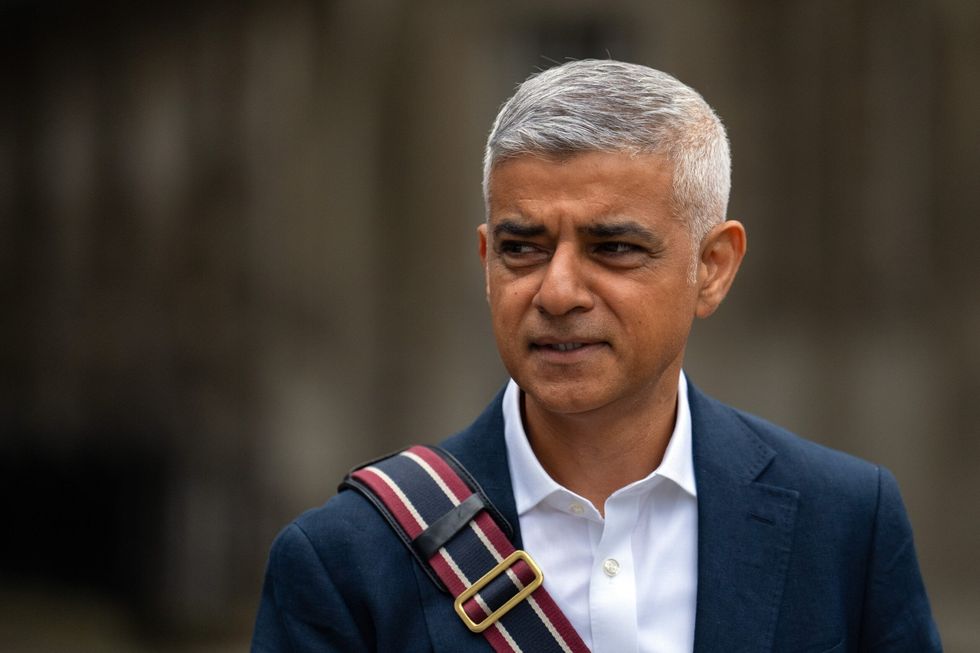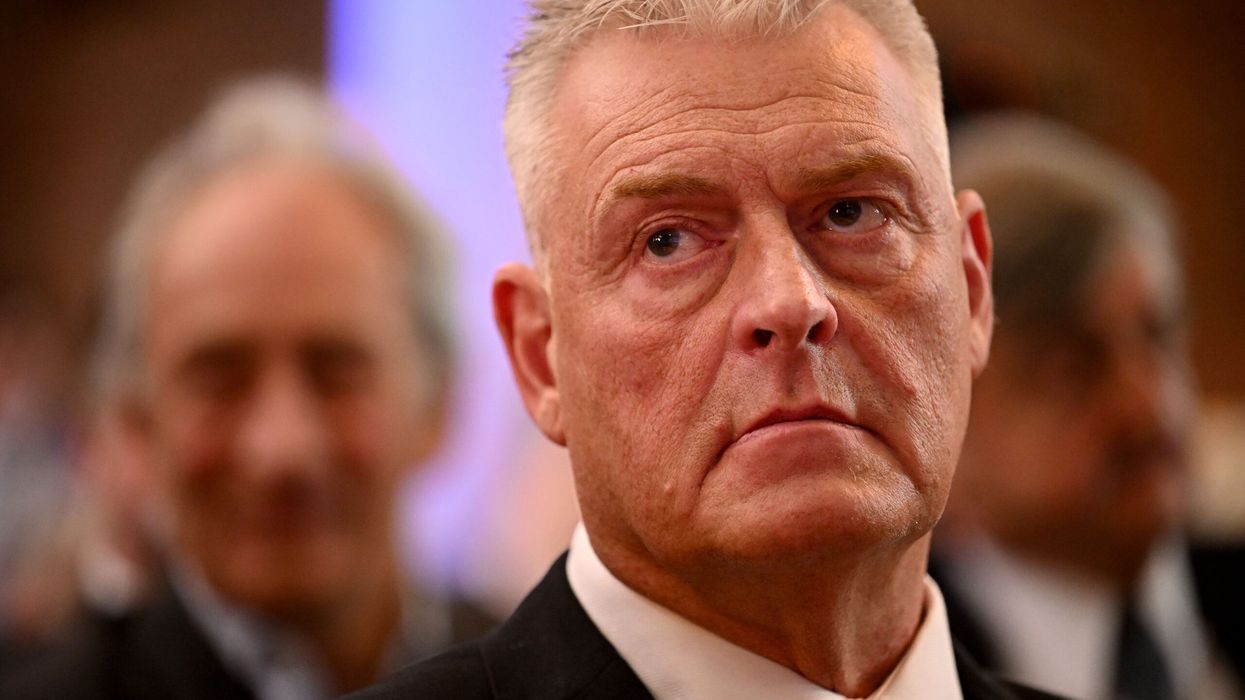THE London mayoral election is on May 2, so it’s not that far away.
If I were Sadiq Khan, I would be pleased privately by Lee Anderson’s comments about him on GB News: “I don’t actually believe that the Islamists have got control of our country, but what I do believe is they have got control of Khan and they have got control of London… He has actually given our capital city away to his mates.”
In public, Sadiq called Anderson’s remarks “Islamophobic, anti-Muslim and racist” and said: “These comments pour fuel on the fire of anti-Muslim hatred.”
Just over an hour after Sadiq’s criticism, a spokesperson for the Tory party’s chief whip, Simon Hart, announced: “Following his refusal to apologise for comments made yesterday, the chief whip has suspended the Conservative whip from Lee Anderson MP.”
Anderson’s remarks are counterproductive. They will only help Sadiq to win. It will be recalled that in the 2016 mayor election, his Tory challenger, Zac Goldsmith, said Sadiq had “given platforms, oxygen and even cover – over and over and over again – to those who seek to do our police and capital harm”.
He said Sadiq, the Muslim son of a bus driver, “has tried to silence questions about his links [to extremists] by shamelessly accusing anyone who raises them of being Islamophobic”.
Even Zac’s sister, Jemima Khan, had to slap down her brother: “Sad that Zac’s campaign did not reflect who I know him to be – an eco-friendly, independent-mind politician with integrity.”
For helping his campaign, Sadiq should take Anderson to lunch.
The underlying domestic politics of Britain is being poisoned by the Israel-Hamas war. Things will probably calm down once it’s over.
But we do need an immediate ceasefire, not least because Israeli society is being brutalised by the war in ways that it may come to regret later.

The reality is that people all over the world have forgotten Hamas’s initial assault on October 7 last year, and are now only concerned about the indiscriminate killing of thousands of Palestinian women and children.
Few people are persuaded by the Israeli government’s argument that in order to target Hamas fighters, its military first has to get past Palestinian civilians.
Prince William was probably thinking of his own children when he said: “I remain deeply concerned about the terrible human cost of the conflict in the Middle East since the Hamas terrorist attack on October 7. Too many have been killed. I, like so many others, want to see an end to the fighting as soon as possible. There is a desperate need for increased humanitarian support to Gaza. It’s critical that aid gets in and the hostages are released.
“Sometimes it is only when faced with the sheer scale of human suffering that the importance of permanent peace is brought home.
“Even in the darkest hour, we must not succumb to the counsel of despair. I continue to cling to the hope that a brighter future can be found and I refuse to give up on that.”
That, I think, is the view of most ordinary people. They are not being anti-Semitic. They don’t understand the complicated politics of the region or that Israel has a point of view.
It is worth remembering that during the Mumbai massacre of 2008, six Jewish people from the Chabad centre, including Rabbi Gavriel Holtzberg and his wife, were killed by the terrorists.
India is one of the few countries in the world where Jews have always felt safe.
I have visited three synagogues in Kolkata, which are looked after by Muslim caretakers.




